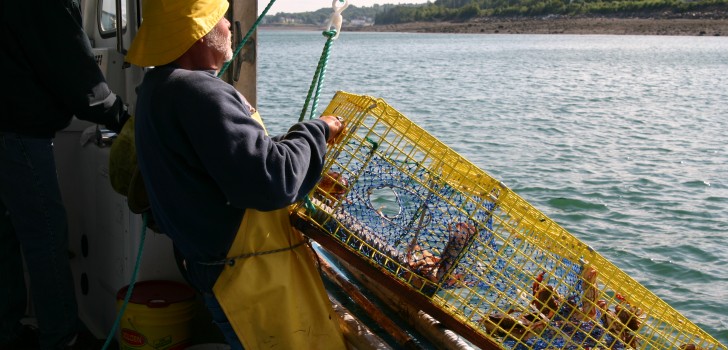Some people in the crab industry are fearful that their livelihood will eventually fall apart, as more young people are hesitant to get involved in processing crabs.
The trade is largely family oriented, with parents passing down the reins of their crab operations to their children. However, some descendants want no part of it.
Third generation crab processor Morgan Tolley says, “It’s passed down from generation to generation, that’s how you learn to become a waterman. Not everybody knows how to fish a trotline or bait a crab pot.”
The crab industry is known for its unpredictable pay. A bad crab season can lead to empty wallets. Many young people in line to take over crab processing companies recognize this, and they leave their small rural shore towns that are known for crabbing in search of other opportunities.
The result is that the crab industry has a murky future.
The possibility of a shrunken workforce is just one problem facing the industry, as environmental concerns are also a threat to career crabbers.
Additionally, crab farms are threatening crab processors who operate in the shores, looking for wild crabs.
Blue crabs are found all along the east coast of North America. However, they are most common in eastern portions of the United States, particularly in the Chesapeake Bay.
However, due to population crashes in the 1990s and early 2000s, some crab processing companies had to start importing crabs from Asia.
Regulators have tried to prevent crashes by limiting the number of female crabs that can be legally harvested. Additionally, crabs that are harvested are required to be of a minimum size, so that young crabs are able to reach sexual maturity.
These restrictions have somewhat hurt the crab industry in the United States. Other factors such as climate change and pollution are making matters worse.
Last year, workers harvested just 35 million pounds of crabs from the Chesapeake Bay. This was the lowest amount captured in 25 years. In the mid-90s, workers were able to harvest up to 120 million pounds annually.
To cut costs, many crab processing companies have hired immigrants to do their dirty work. Meanwhile, local citizens are opting to find jobs elsewhere instead of getting involved in the weakened industry.
Stay Connected